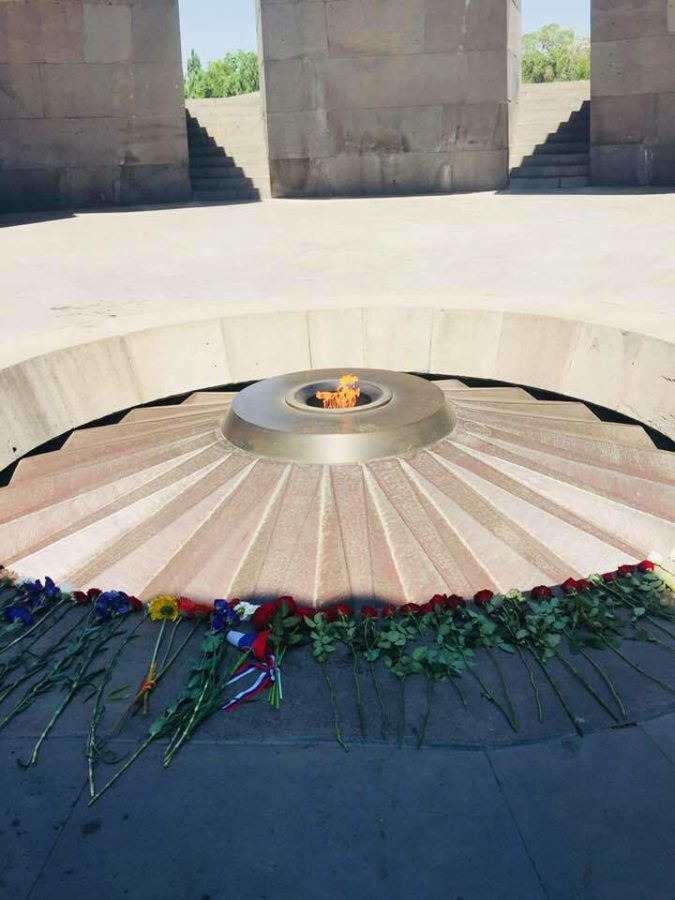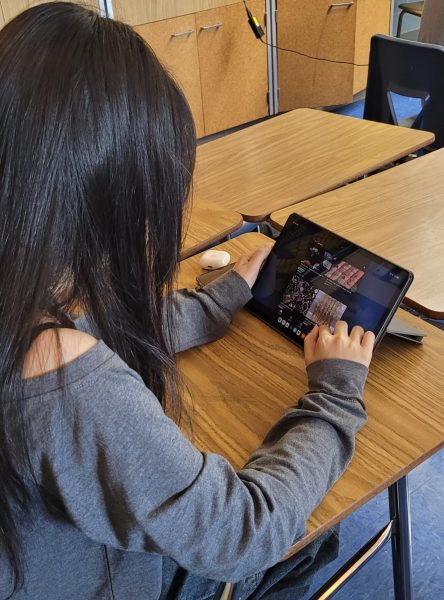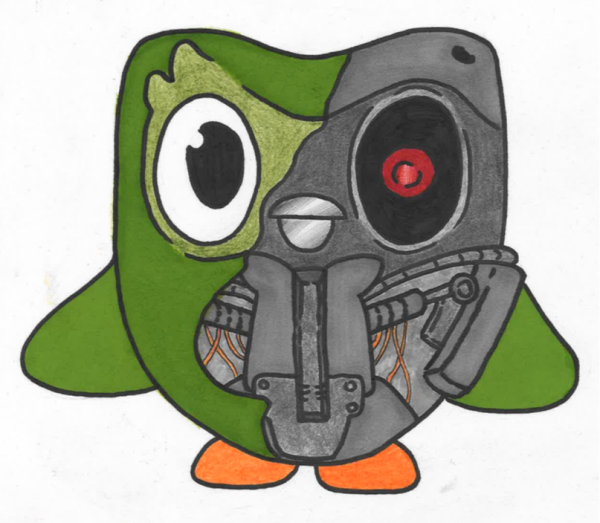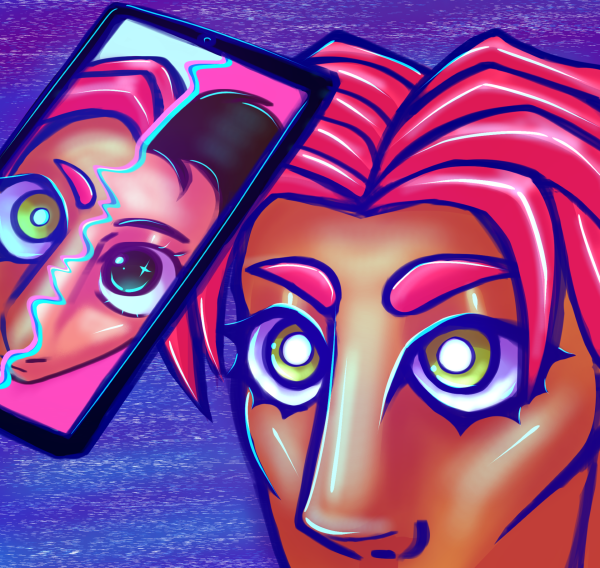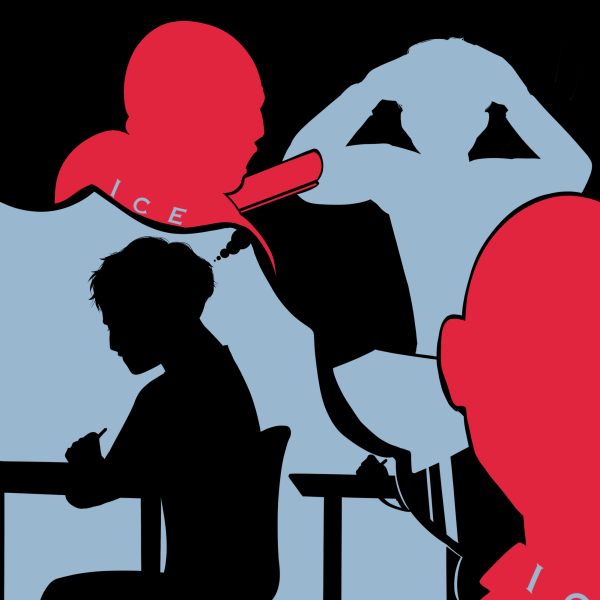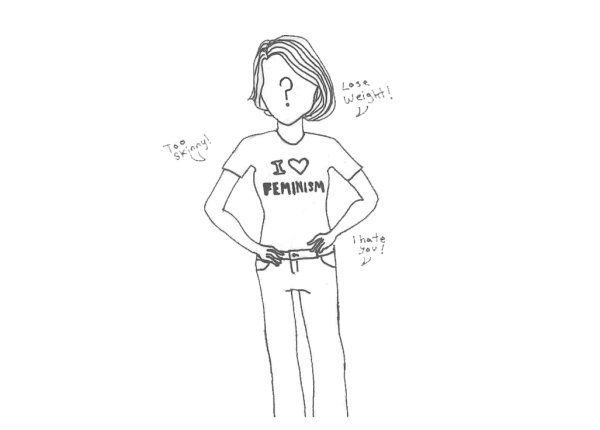Armenian people deserve recognition, so much more
At the center of the Armenian Genocide memorial complex is an eternal flame, remembering the 1.5 million lives lost over a three year span.
My grandfather has this joke. It’s most likely not his and I can’t remember exactly how to tell it, but it goes something like this: “A Chinese man, a Russian man, a Turkish man and an Armenian man are all on a plane, and the pilot says that the plane is running out of fuel and the load needs to be lightened. The Chinese man says, “I will do this for my country” and jumps off the plane. The pilot says again that there’s still too much weight and the Russian man says, “I, too, will do this for my country” and jumps off the plane. Finally, the pilot says again there’s still too much weight. The Armenian man says, “I will do this for my country” and pushes the Turkish man out of the plane.
It’s distasteful and not that funny, but it’s one of the first memories I have of learning about the Armenian genocide that occurred starting in 1915 until 1918. My grandfather is an immigrant. He was born in a refugee camp in Syria with his three older siblings. His grandmother died carrying her children to that camp. He grew up learning what happened to his ancestors and hearing their stories. He grew up hating Turkish people. My grandfather is a bitter old man, to be completely honest. He is angry and honest and wonderful all at the same time; and he was ecstatic about Joe Biden’s recent recognition of the Armenian genocide.
He called up the whole family, sent out a mass email featuring Joe Biden’s picture photoshopped onto a person who may or may not have even been Armenian with the caption “A true Armenian hero!” I’m happy that he’s excited, and I know he’s been waiting for this moment for years now. Don’t get me wrong — I’m excited too. The genocide being recognized for the first time by an American president is monumental, but it’s just the first step toward genuine recompense for the Armenian people.
The Armenian genocide was the deliberate mass murder of 1.5 million Armenian people by the Turkish in an attempt to wrest power from and “ethnically cleanse” the land of the Christian-majority country. In Turkey, saying the word “genocide” can get you prosecuted for being “anti-Turkish” and, to this day, Turkey has not itself recognized the genocide. In fact, in response to President Biden’s statement, Turkish president Recep Tayyip Erdogan has demanded that Biden rescind his recognition, claiming his words to be “unjust and untrue.” In addition, he made a public statement announcing the recognition of the Native American genocide that took place during the colonization of America and then, in turn, was surprised that most Americans already knew about the Native genocide. Unlike Turkey, American textbooks include references to, albeit arguably still whitewashed to some degree, the Native American genocide. In Turkish schools, the Armenian genocide is described as a war rather than a slaughter and prosecution of thousands of innocent Armenians.
While my grandfather, my family and Armenian-Americans throughout the nation are extremely happy and relieved that our collective, generational pain has finally been recognized, what does this exactly mean? Apparently, not much. Recognizing Armenia’s past isn’t meaningful unless you do the same with Armenia’s present. The recent conflict Armenia faced against Azerbaijan ended with Armenia’s handing over land to the opposing country in November of last year. This led to over 40,000 ethnic Armenians to be displaced, many of whom are still looking for new homes today.
American-Armenian relations are doing well currently, with help from Biden’s genocide recognition, of course, but also because the U.S. had been a part of the effort to liberate Armenia from the Soviet Union back in the 1910s. Currently, there are nearly 500,000 Armenians living in America and over $2 billion in aid has been sent from the U.S. to Armenia since 1992.
Armenians and Armenian-Americans are expecting more than a mere acknowledgment of the genocide. As we all know actions speak louder than words and the lack of action speaks volumes.



